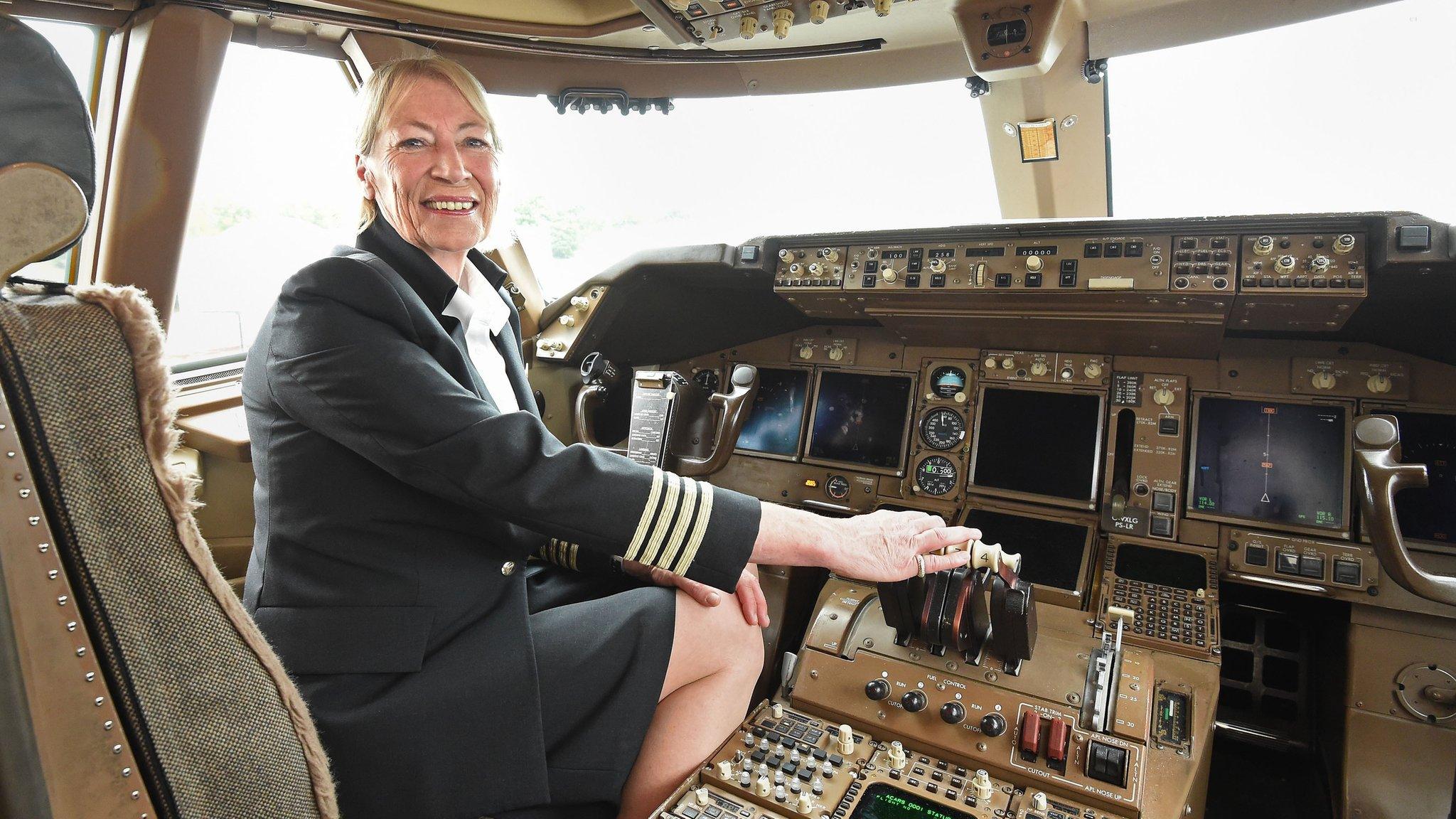Plaque for first woman to fly around the world
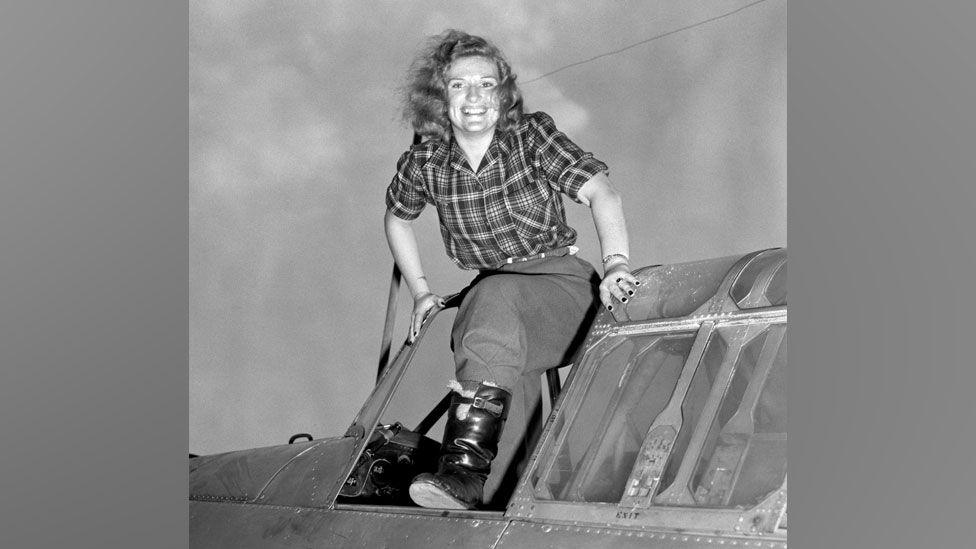
Richarda Morrow-Tait still holds the record for being the youngest woman pilot with a navigator to fly around the world, according to organisers
- Published
The achievements of the first woman pilot to circumnavigate the world are to be remembered with a blue plaque, 75 years on.
Richarda "Dikki" Morrow-Tait set off on her round-the-world attempt from Cambridge Airport in 1948, having been inspired to fly while at school, external.
What was supposed to take the 24-year-old six to eight weeks turned into an adventure that was not completed until a year and day later, on 19 August 1949.
Her son Giles Townsend believed his mother's conviction that women could do things better than men made her determined to do the challenge. The plaque will be unveiled at Cambridge Airport at midday.
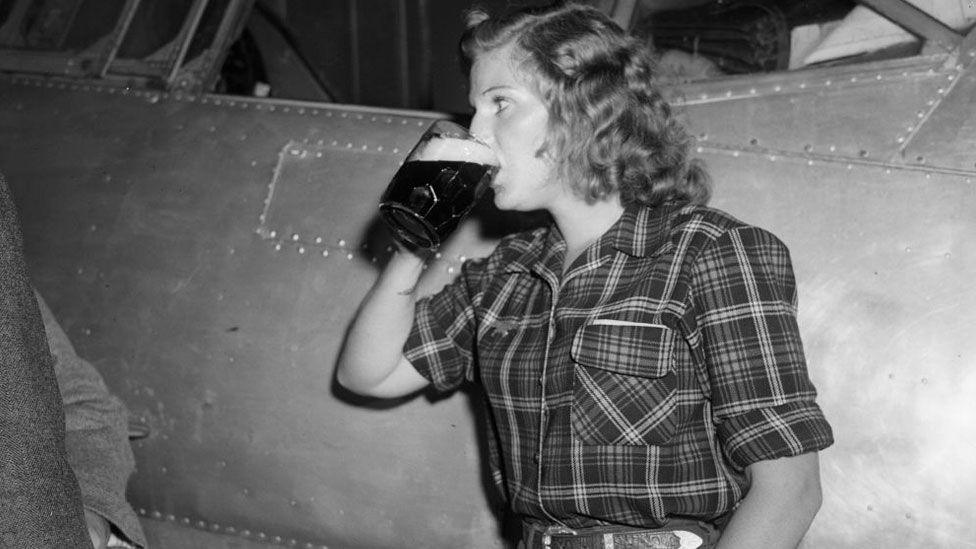
She completed the challenge in two aeroplanes, the first she called Thursday's Child and its replacement Next Thursday's Child
"Throughout life, she would tackle almost any project with an unusual emotional drive, and running through it was the belief that women did things better than men but were not allowed to excel," said Mr Townsend.
"It was quite uncommon to hear this before the women's movement, but with Dikki it was a matter of utter conviction."
The pilot, who was born in Ickleton, south of Cambridge, was encouraged to take up flying by her then husband Norman Morrow-Tait. She was one of three people to sign up at Cambridge Aero Club on the first day possible.
She was the first person in the country to obtain her civil flying licence after World War Two, before taking off on the adventure with 85 hours of flying experience.
Accompanied by navigator Michael Townsend, she left Cambridge Airport to fly to her official start point at Croydon Airport.
The eventful journey included a minor crash at her first stop in France, a nine-week delay in India for new parts, a forced landing in Japan and a major crash in Alaska in snowy conditions.
Mrs Morrow-Tait spent four months fundraising for a new aeroplane, giving lectures, radio interviews and singing in a nightclub.
She also had to find a second navigator, as her first had to return to Cambridge University to sit his final exams.
Jack Ellis accompanied her for three months until Mr Townsend could return.
The pilot was greeted back at Croydon Airport in August 1949 by her husband and daughter Anna, but she did not go ahead with plans to publish the story of her flight after she went through a high-profile divorce, going on to marry Mr Townsend.
The plaque will be unveiled at Cambridge Airport by Marshall of Cambridge and installed on the block housing student accommodation on Chesterton Road, which replaced her home at the time of the flight.
The Cambridgeshire queen of aviation
- Attribution
Get in touch
Do you have a story suggestion for Cambridgeshire?
Follow Cambridgeshire news on BBC Sounds, Facebook, external, Instagram, external and X, external.
You may also be interested in
- Published13 August 2024
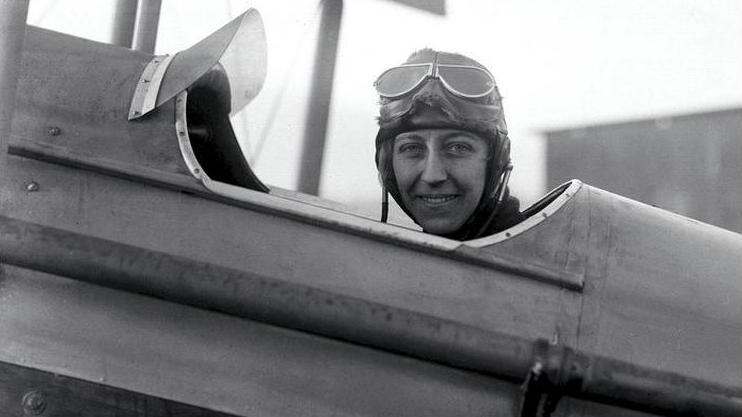
- Published15 April 2024
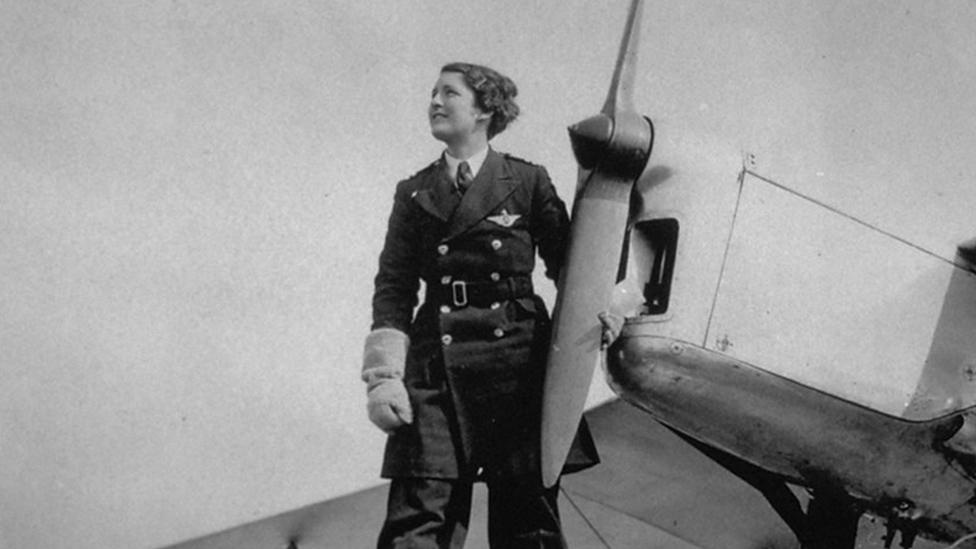
- Published2 August 2017
